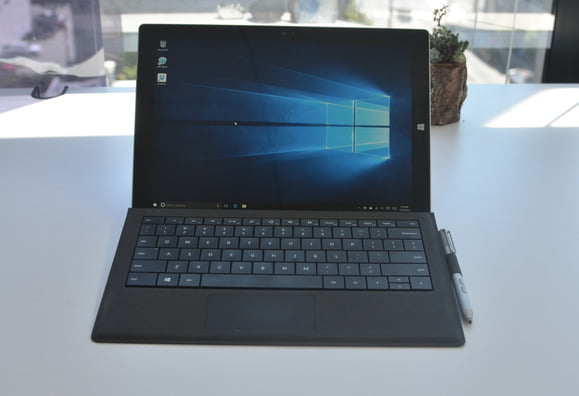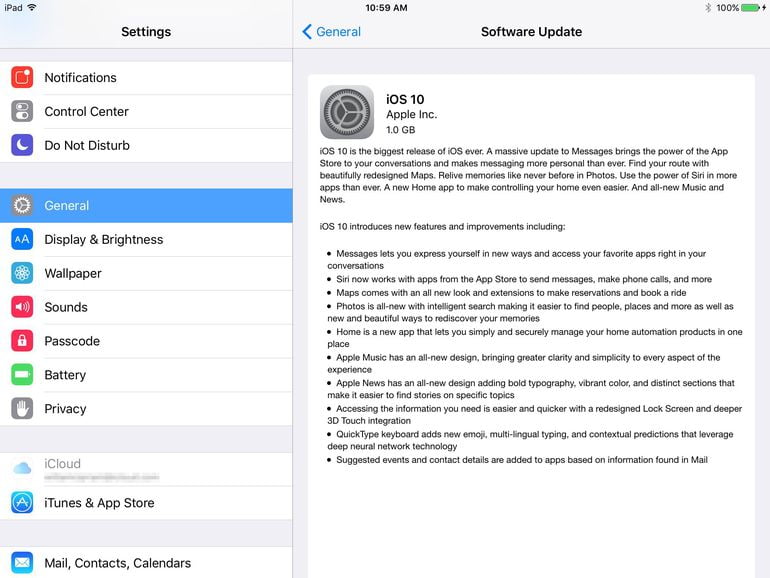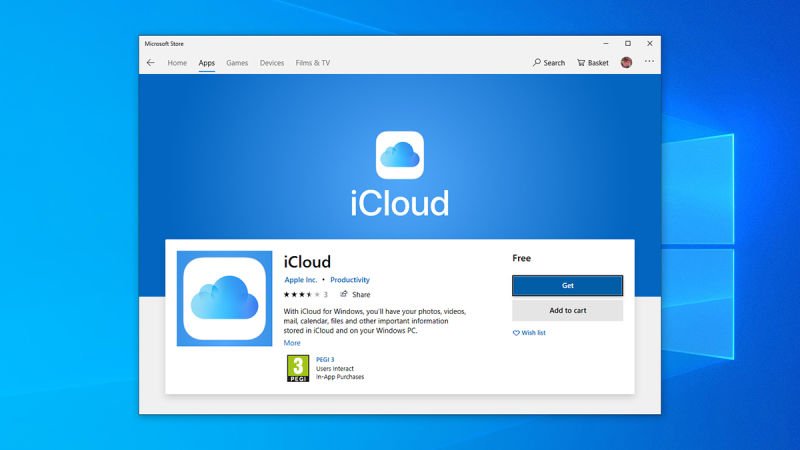

Developers can now distribute their Windows desktop apps to people shopping through Windows 10’s app store, with an update from Microsoft Wednesday.
It’s a move powered by Project Centennial, which lets developers take older Windows apps (known in Microsoft parlance as Win32 apps), port them to the Universal Windows Platform (UWP), and then sell them on the Windows Store. The first of those apps are rolling out over the coming days, and developers can now submit their Centennial-converted apps for future release.
Making it easier for developers to port those apps to the Windows Store may help grow the catalog of apps available to users at a time when Microsoft is pushing the store as a new and better way to get software for Windows 10 devices. Several companies have Centennial-powered apps rolling out over the next few days, including Evernote, which ported its Windows desktop app to the store.
“We’re excited to bring our full-featured Evernote app to the Windows Store,” Seth Hitchings, Evernote’s vice president of engineering, said in a press release. “The Desktop Bridge vastly simplifies our installer and uninstaller.”
Evernote previously had a Windows Store app, but it didn’t have all of the features of its Win32 desktop app.
Project Centennial was first announced at Microsoft’s Build developer conference in San Francisco earlier this year. At that time, Microsoft executives said that there were 16 million Win32 apps out on the market, so this launch marks a major expansion of what the Universal Windows Platform can do.
To help with that, Microsoft is making its Desktop App Converter available to developers in the Windows Store, so it’s easy for them to stay up to date with changes to Project Centennial.
On top of that news, Microsoft is also working with the companies behind InstallShield, WiX, and Advanced Installer to help build in UWP conversion with Project Centennial into their usual development workflow for building Win32 apps. In addition to building an MSI installer for older versions of Windows, those tools will also help developers build a UWP app that can be pushed to the Store.
[Source:-Pc world]




